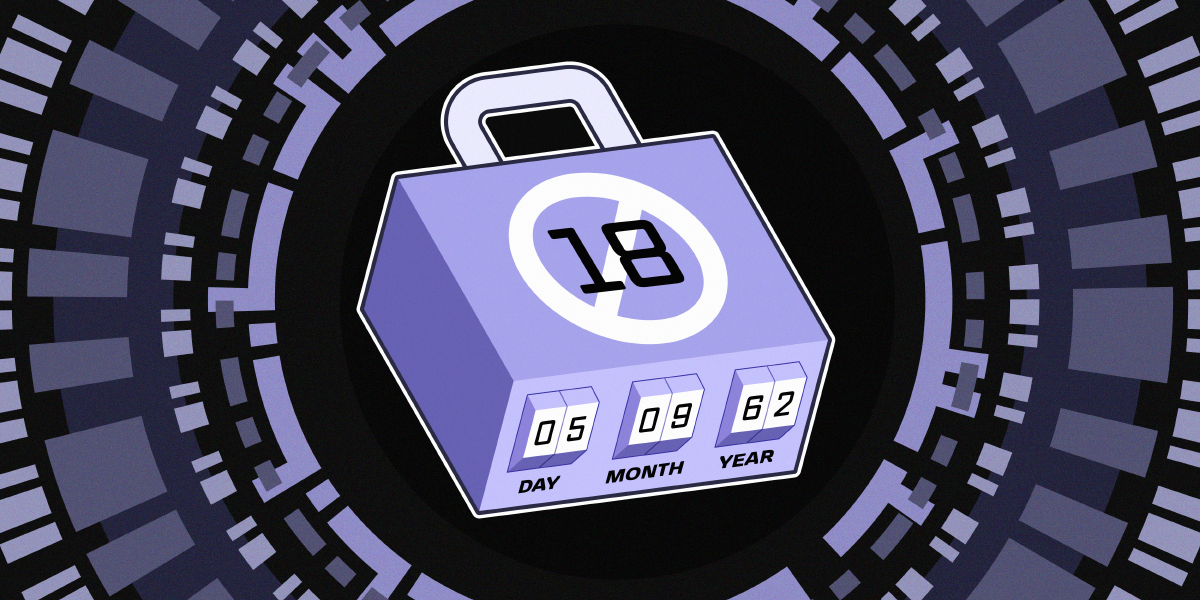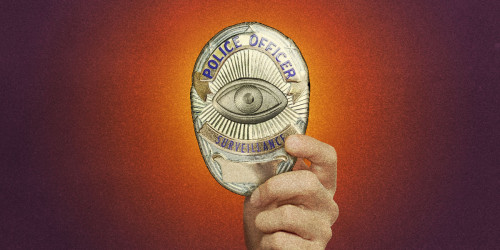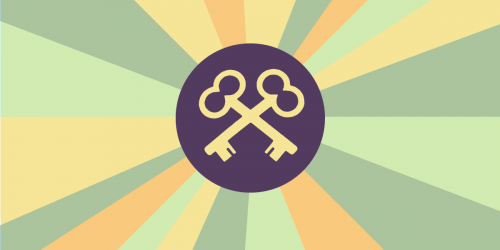Update May 5, 2025: In a win for privacy and encryption, the Florida Legislature ended its regular 2025 session on May 2 without passing SB 868 / HB 743.
We've seen plenty of bad tech bills in recent years, often cloaked in vague language about "online safety." But Florida’s SB 868 doesn’t even pretend to be subtle: the state wants a backdoor into encrypted platforms if minors use them, and for law enforcement to have easy access to your messages.
This bill should set off serious alarm bells for anyone who cares about digital rights, secure communication, or simply the ability to message someone privately without the government listening. Florida lawmakers aren’t just chipping away at digital privacy—they're aiming a wrecking ball straight at it.
SB 868 is a blatant attack on encrypted communication. Since we last wrote about the bill, the situation has gotten worse. The bill and its House companion have both sailed through their committees and are headed to a full vote. That means, if passed, SB 868 would:
- Force social media platforms to decrypt teens’ private messages, breaking end-to-end encryption
- Ban “disappearing” messages, a common privacy feature that helps users—especially teens—control their digital footprint
- Allow unrestricted parental access to private messages, overriding Florida’s own two-party consent laws for surveillance
- Likely pressure platforms to remove encryption for all minors, which also puts everyone they talk to at risk
In short: if your kid loses their right to encrypted communication, so does everyone they talk to.
There Is No Safe Backdoor
If this all sounds impossible to do safely, that’s because it is. There’s no way to create a “just for law enforcement” access point into encrypted messages. Every backdoor is a vulnerability. It's only a matter of time before someone else—whether a hacker, abuser, or foreign government—finds it. Massive breaches like Salt Typhoon have already proven that surveillance tools don’t stay in the right hands for long. Encryption either protects everyone—or it protects no one. We must protect it.
Encryption Matters—Especially for Teens
Encryption isn’t optional in today’s internet—it’s essential. It protects your banking info, your health data, your personal chats, and yes, your kids' safety online.
SB 868 pretends to “protect children,” but does the opposite. Teens often need encrypted messaging to talk to trusted adults, friends, and family—sometimes in high-stakes situations like abuse, mental health crises, or discrimination. Stripping away those safeguards makes them more vulnerable, not less.
Investigators already have powerful tools to pursue serious crimes, including the ability to access device-level data and rely on user reports. In fact, studies show user reporting is more effective at catching online abuse than mass surveillance. So why push a bill that makes everyone less safe, weakens encryption, and invites lawsuits? That’s a question we all deserve an answer to.
It’s Time to Speak Up
Florida’s SB 868 isn’t just a bad bill—it’s a dangerous blueprint for mass surveillance. Tell Florida Legislators: SB 868 is unsafe, unworkable, and unacceptable.
If you live in Florida, contact your lawmakers and demand they reject this attack on encryption.
If you're outside the state, you can still speak out—public pressure matters, and the more people who call out how egregious this bill is, the harder it becomes for lawmakers to quietly push it forward. Make sure you follow us on social media to track the bills’ progress and help amplify the message.
Privacy is worth fighting for. Let’s stop SB 868 before it becomes law.













